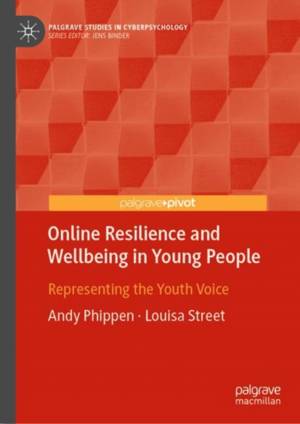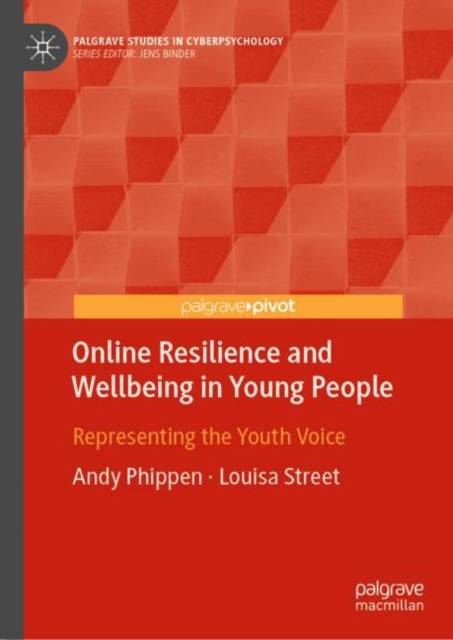
- Afhalen na 1 uur in een winkel met voorraad
- Gratis thuislevering in België vanaf € 30
- Ruim aanbod met 7 miljoen producten
- Afhalen na 1 uur in een winkel met voorraad
- Gratis thuislevering in België vanaf € 30
- Ruim aanbod met 7 miljoen producten
Online Resilience and Wellbeing in Young People
Representing the Youth Voice
Andy Phippen, Louisa StreetOmschrijving
This book explores online resilience and safety from a new perspective, by drawing extensively upon the youth voice. While "online safety" as a concept has now existed for well over ten years, the majority of policy and narrative is driven by preventative and adultist views of ensuring safety from harm. Underpinned by extensive empirical work, this book argues that safety, or freedom from harm, is not an achievable goal and we should refocus upon harm reduction and risk mitigation. Fundamental to this argument is that the youth voice clearly states that they will not disclose, or ask adults for support, because they do not believe they will get help or worse, will be punished as a result of disclosure. The research shows that professionals often bring their own digital value biases into safeguarding decisions, and feel that they should be white knights to young people, rather than listening to them and supporting them in a non-judgemental way. The book will be of great value to researchers and students as well as practitioners, teachers and parents interested in digital resilience and safeguarding, internet security and youth online behaviour and wellbeing.
Specificaties
Betrokkenen
- Auteur(s):
- Uitgeverij:
Inhoud
- Aantal bladzijden:
- 125
- Taal:
- Engels
- Reeks:
Eigenschappen
- Productcode (EAN):
- 9783030886332
- Verschijningsdatum:
- 24/11/2021
- Uitvoering:
- Hardcover
- Formaat:
- Genaaid
- Afmetingen:
- 148 mm x 210 mm
- Gewicht:
- 331 g

Alleen bij Standaard Boekhandel
Beoordelingen
We publiceren alleen reviews die voldoen aan de voorwaarden voor reviews. Bekijk onze voorwaarden voor reviews.









